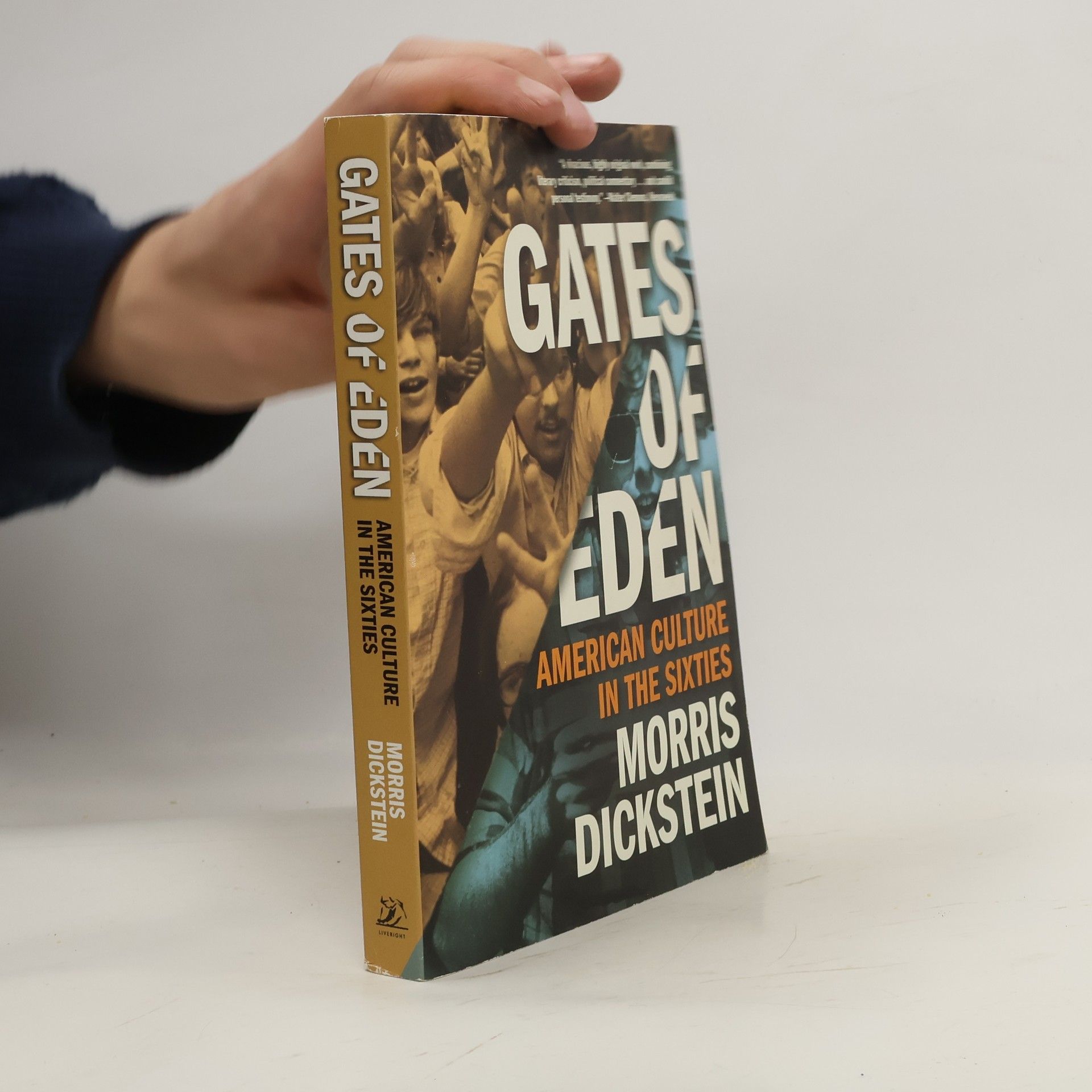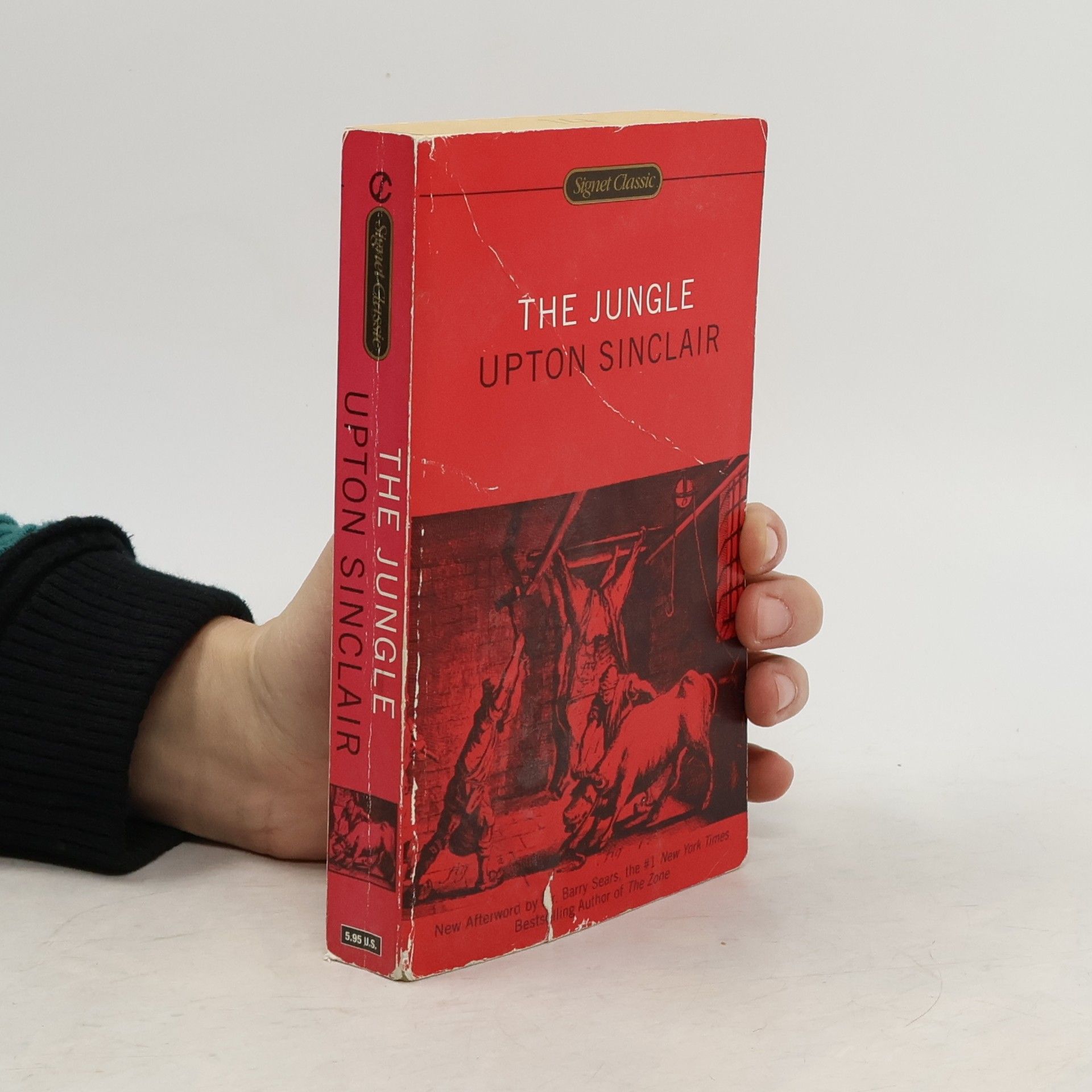The Jungle
- 416bladzijden
- 15 uur lezen
The horrifying conditions of the Chicago stockyards are revealed through this narrative of a young immigrant's struggles in America.
Morris Dickstein, Distinguished Professor of English and Theatre aan het Graduate Center van de City University of New York, biedt diepgaande inzichten in de Amerikaanse cultuur, literatuur en intellectuele geschiedenis van de 20e eeuw. Zijn werk ontleedt nauwgezet de ingewikkelde verbanden tussen artistieke expressie, maatschappelijke veranderingen en heersende ideologieën. Door scherpe analyse en meeslepende proza belicht Dickstein de vormende krachten die de moderne Amerikaanse identiteit hebben gevormd. Zijn benadering biedt lezers een rijk begrip van de intellectuele stromingen die een tijdperk definieerden.



The horrifying conditions of the Chicago stockyards are revealed through this narrative of a young immigrant's struggles in America.
Investigates the careers and cinematic accomplishments of twenty-three great directors including Antonioni, Bergman, Capra, Chaplin, Fellini, Hitchcock, Truffaut, and Welles
Widely admired as the definitive cultural history of the 1960s, this groundbreaking work finally reappears in a new edition. The turbulent 1960s, almost from its outset, produced a dizzying display of cultural images and ideas that were as colorful as the psychedelic T-shirts that became part of its iconography. It was not, however, until Morris Dickstein's landmark Gates of Eden, first published in 1977, that we could fully grasp the impact of this raucous decade in American history as a momentous cultural epoch in its own right, as much as Jazz Age America or Weimar Germany. From Ginsberg and Dylan to Vonnegut and Heller, this lasting work brilliantly re-creates not only the intellectual and political ferment of the decade but also its disillusionment. What results is an inestimable contribution to our understanding of twentieth-century American culture.